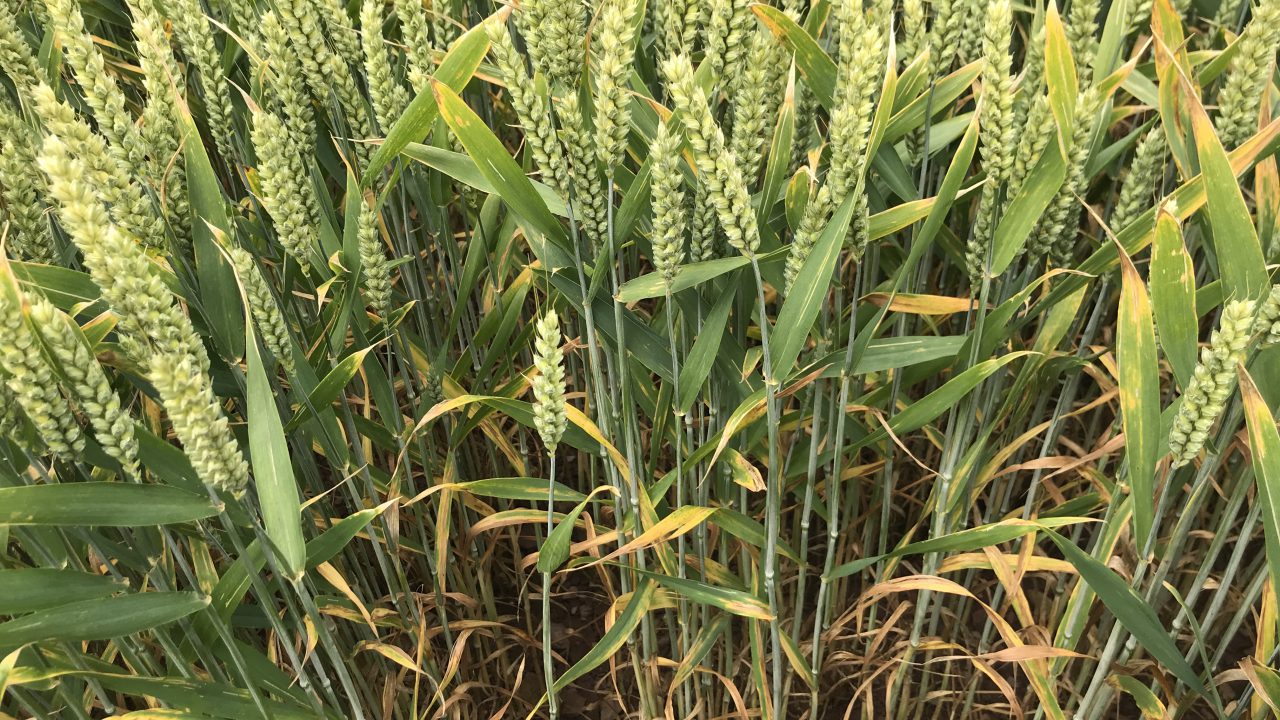Rothamsted Research has further clarified its position with regard to the use of genome editing in developing new varieties of wheat.
When asked by AgriLand if the development of such varieties would put the UK at loggerheads with the EU where future trading practices in wheat are concerned, Rothamsted’s Nigel Halford said:
“Wheat with low-asparagine is still experimental and a long way from the point where we have to consider exports to the EU. DEFRA is currently considering how the UK should regulate genome-edited crops, so presumably believes that the UK could have different regulations to the EU.
“We could probably discuss that at length! However, the EU itself still has no formal regulations on genome-edited crops and the commission has been consulting on the issue for several years.
For now, they are just treating them as GM [genetically modified], but that is not set in stone.
“The problem for them is that the mutations that are introduced in most cases are indistinguishable from those that occur naturally, so enforcing regulations will be difficult, particularly for imports from countries that are not regulating the technology.
“This makes the issue for genome editing different to that of GM, where there is a transgene that can be detected for some traded commodities and, where there isn’t, in the case of oil and sugar from GM crops for example, there is a least a paper trail.”
‘We can learn lessons from what has happened’
According to Halford, GM is a much older technology. He explained:
“We can learn lessons from what has happened with that. The EU imports millions of tonnes of GM crop products every year from GM varieties grown elsewhere that have been approved for food and feed use but not for cultivation within the EU.
“Indeed, the EU animal feed industry is heavily dependent on imported GM soybean and maize, in particular. So adopting biotech does not necessarily mean being blocked from the EU market.
However, our wheat is a long way from that point. We have to see how it performs in field trials before breeders would even consider incorporating the trait into their breeding programmes, and they will only do that if they are confident that there will be a market for it.
Halford concluded:
“Breeders in the Americas and Asia are already at that point, so it is possible that we will see low-acrylamide wheat there long before here.
“Low-acrylamide, GM potatoes have been on the market in the USA for several years.”
